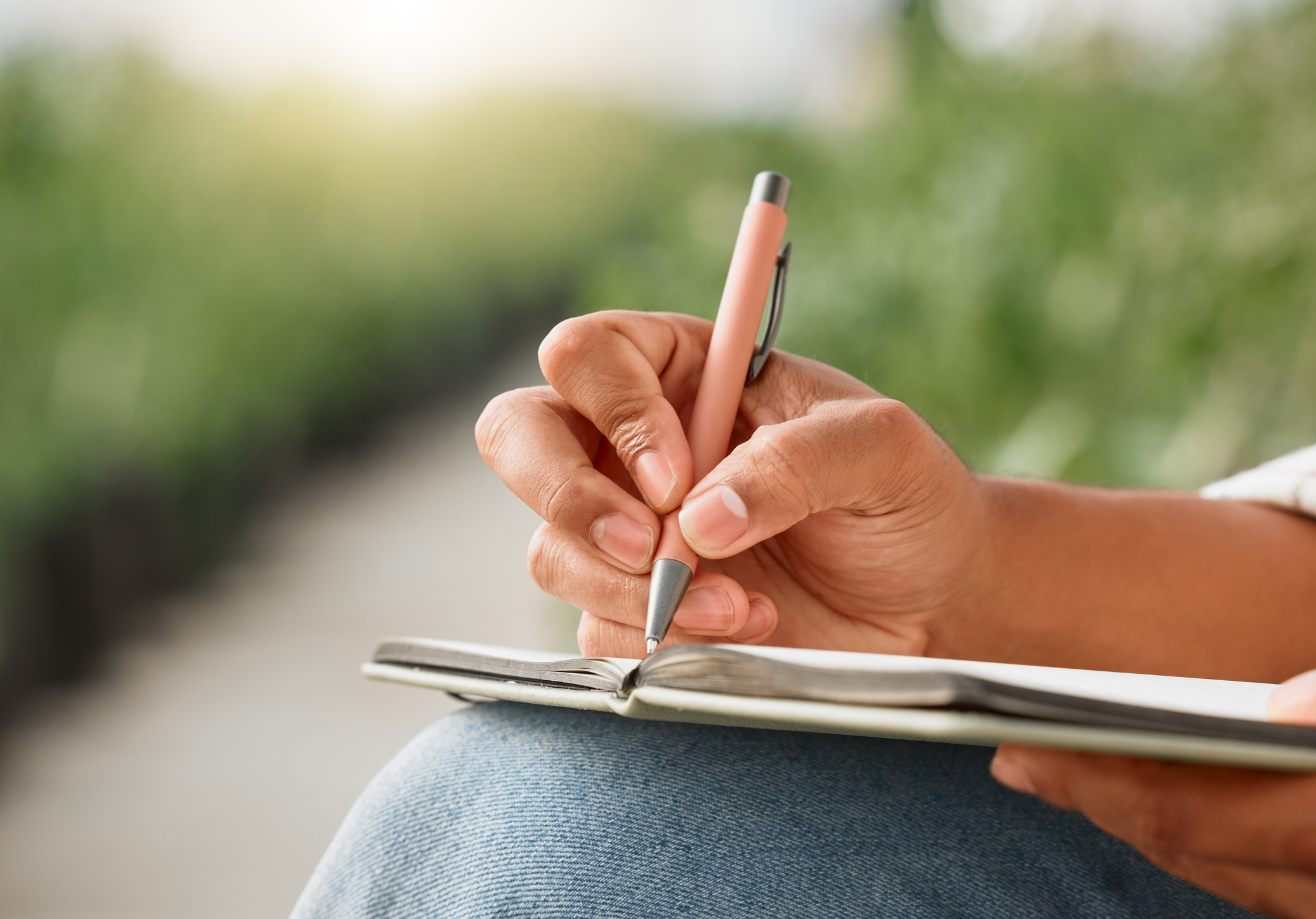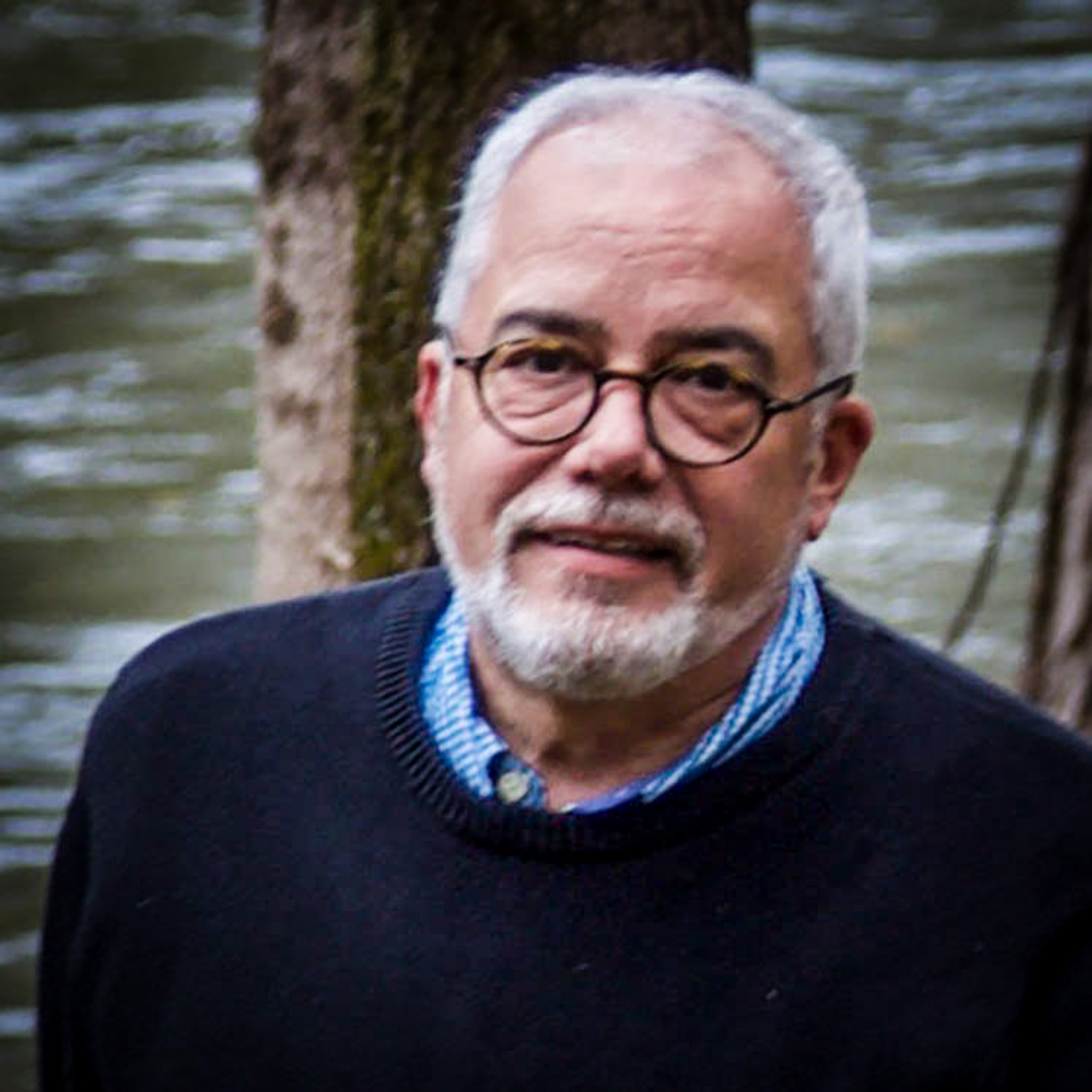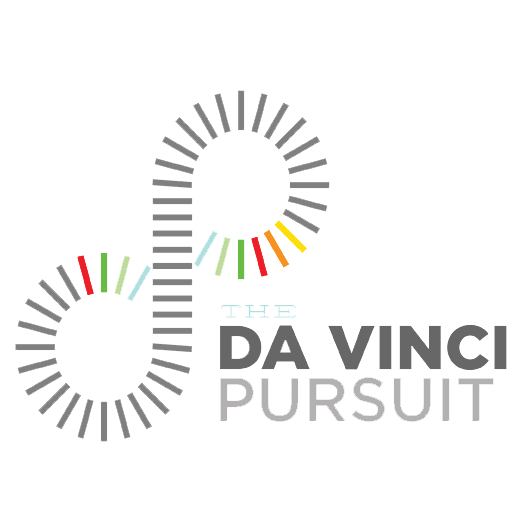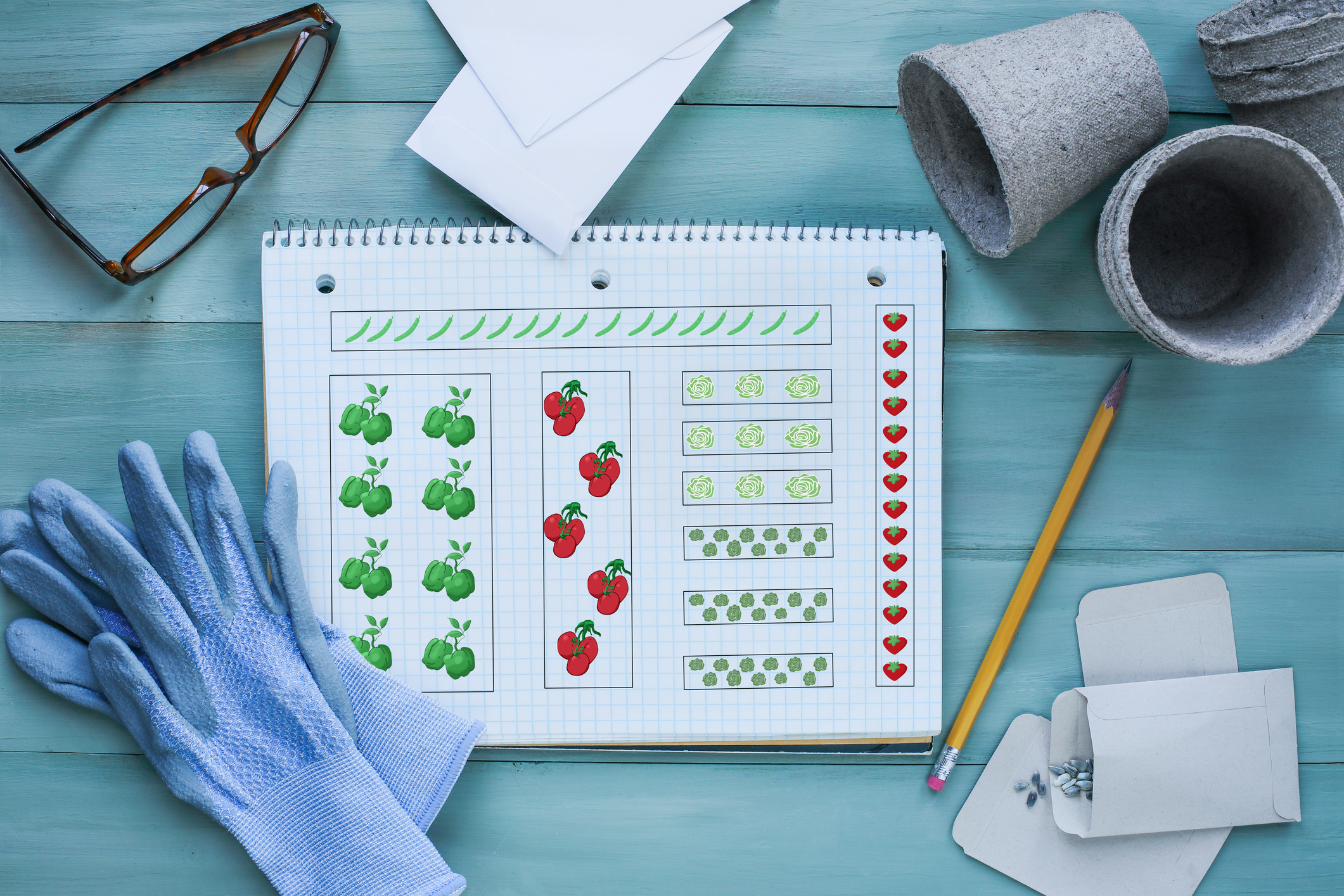Garden journaling is important because it helps gardeners observe and understand their outdoor spaces more deeply. By recording plant growth, weather patterns, planting dates, and gardening successes or challenges, gardeners can make more informed decisions, improve their techniques, and track progress over time. It also fosters mindfulness and a greater appreciation for the natural cycles of the garden. Additionally, garden journals serve as a valuable resource for planning future seasons, recreating successful arrangements, and connecting emotionally with the gardening experience. Overall, it enhances both the science and art of gardening, making it more intentional and rewarding.
Join us for an engaging hands-on workshop where creativity meets observation in the world of gardening. In these interactive sessions, you’ll learn how to create a personalized garden journal that captures both the artistic essence and scientific details of your outdoor space. Through guided exercises, you’ll practice documenting observations, planting schedules, plant growth, and seasonal changes. Collaborate with fellow gardeners to share ideas, inspiration, and tips for making journaling a meaningful part of your gardening routine. Whether you’re new to gardening or a seasoned green thumb, this workshop will inspire you to observe more closely, think more deeply, and cultivate your garden with renewed insight and joy.
In this unique combination of book club, art lesson, and nature journaling, we will explore the natural world around us on the Cape through a 4-week session utilizing three books:
- Vegetable Gardening Made Easy: Simple Tips & Tricks to Grow Your Best Garden Ever, Resh Gala
- Garden: Watercolor Workbook, Emily Lex Studio
- The Old Farmer’s Almanac Garden Journal: Where Ideas Bloom, Yankee Publishing Inc.
Each session is designed to focus on a different parts of each book.
We will begin with a guided discussion about the importance of garden journaling, including its role in scientific observation and artistic expression. Participants will learn techniques for effectively observing and recording their surroundings, noting not just what they see but also what they hear, smell, and feel.
Books and supplies for each session are available at the Brewster Book Store.
Dates, Times, Locations
Supply List
Books
Dates and Times: 4 weeks – Wednesdays June 4, 11, 18, 25 (10 am to 12 pm)
Length: 4-week session – single(s) or full session options
Registration Fee: $20 per session, $70 season pass
Location: Brewster Book Store, 2648 Main Street, Brewster, MA 02631
Sessions:
Session 1: Getting Started with Your Garden Journal and Basic Watercolor Skills
Learn the essential tools and techniques to create a personalized garden journal. In this hands-on session, you’ll choose your journal, explore different formats (paper, digital, or hybrid), and develop a basic layout. Discover how to set meaningful goals for your journaling practice and start with simple entries that capture your garden’s initial conditions and intentions. Supplies: pen, pencil, plain paper journal or notebook, ruler and The Old Farmer’s Almanac Garden Journal: Where Ideas Bloom.
Session 2: Observing and Recording Nature’s Details
Deepen your ability to observe your garden’s intricate details. This session guides you through techniques for documenting plant growth, favorite moments, weather patterns, and pest or disease signs. Practice sketching, noting colors, scents, and textures, and learn how to capture seasonal changes to enrich your garden records. We will also learn the essential techniques for using watercolors in your journaling. Supplies: basic watercolor paints including black and brown, paintbrushes (Round No 2 and 6), 2 small jars of water, paper towels, mixing palette, blank watercolor paper journal of your choosing and Garden: Watercolor Workbook.
Session 3: Using Your Journal to Plan and Problem-Solve
Transform your journal into a practical planning tool. In this interactive class, you’ll learn how to track planting dates, crop rotations, and garden layouts. Explore ways to analyze past entries to troubleshoot issues, experiment with new planting ideas, and set future goals for your garden’s growth and sustainability. Supplies: soft pencils (HB, H, or #2), pencil sharpener, technical drawing pen, small ruler, your gardening journal and Vegetable Gardening Made Easy: Simple Tips & Tricks to Grow Your Best Garden Ever.
Session 4: Inspiring Creativity and Reflection in Your Garden Journal
Discover how to infuse your garden journal with artistic expression and personal stories. This creative session encourages free writing, poetry, doodling, and photography to deepen your connection to your garden. Reflect on your gardening journey, celebrate successes, and find inspiration to nurture your outdoor space with enthusiasm and mindfulness. Supplies: basic watercolor paints including black and brown, paintbrushes (Round No 2 and 6), 2 small jars of water, paper towels, mixing palette, soft pencils (HB, H, or #2), pencil sharpener, technical drawing pen, small ruler, your gardening journal and all three required books.
(Feel free to use/reuse what you already have or purchase from the Bookstore)
-
Basic watercolor paints including black and brown
-
Paintbrushes (Round No 2 and 6)
-
2 Jars of water
-
Paper towels
-
Mixing palette
-
A blank watercolor paper journal of your choosing (The bookstore has some nice options)
-
Backpack or shoulder bag
-
Soft pencil (HB, H, or #2)
-
Pencil sharpener
-
Technical drawing pen
-
Small ruler

-
Vegetable Gardening Made Easy: Simple Tips & Tricks to Grow Your Best Garden Ever, Resh Gala
-
Garden: Watercolor Workbook, Emily Lex Studio
-
The Old Farmer’s Almanac Garden Journal: Where Ideas Bloom, Yankee Publishing Inc.
Try to get copies before the first class.
About Mark
Mark Kesling is a pioneering educator, designer, and professional photographer with a rich and diverse background in the arts and sciences. Beginning his photographic journey in the 1970s as a wedding and studio photographer, Mark has evolved his practice to focus on the dynamic intersection of art and science. His innovative approach utilizes scientific principles to enhance the artistic skills of photographers, making the learning experience both engaging and impactful.
With over 45 years of extensive work in museum design and education, Mark has established himself as a leader in the field. As the founder and CEO of the daVinci Pursuit, he drives initiatives that embody the concept of a “museum without walls,” fostering an inclusive and accessible environment for learning and exploration. His unique skill set enables him to blend artistic creativity with scientific inquiry, captivating learners of all ages.
Mark collaborates with a diverse range of partners, including neighborhood organizations, city institutions, and educational entities, to create meaningful art and science installations in communities. Through his work, he inspires and enriches the lives of those he engages, making a lasting impact on the cultural landscape.


